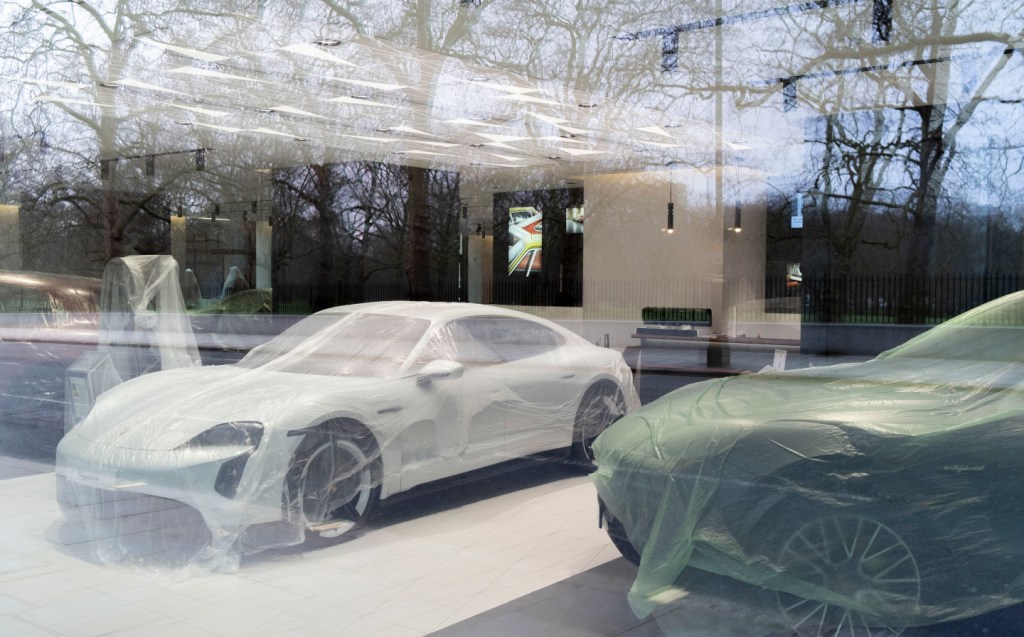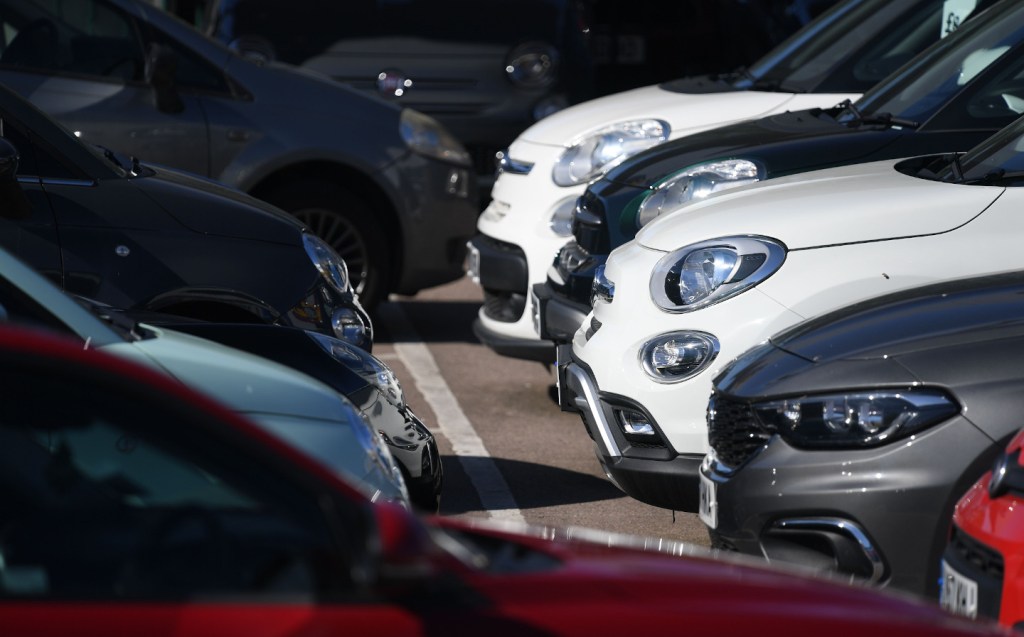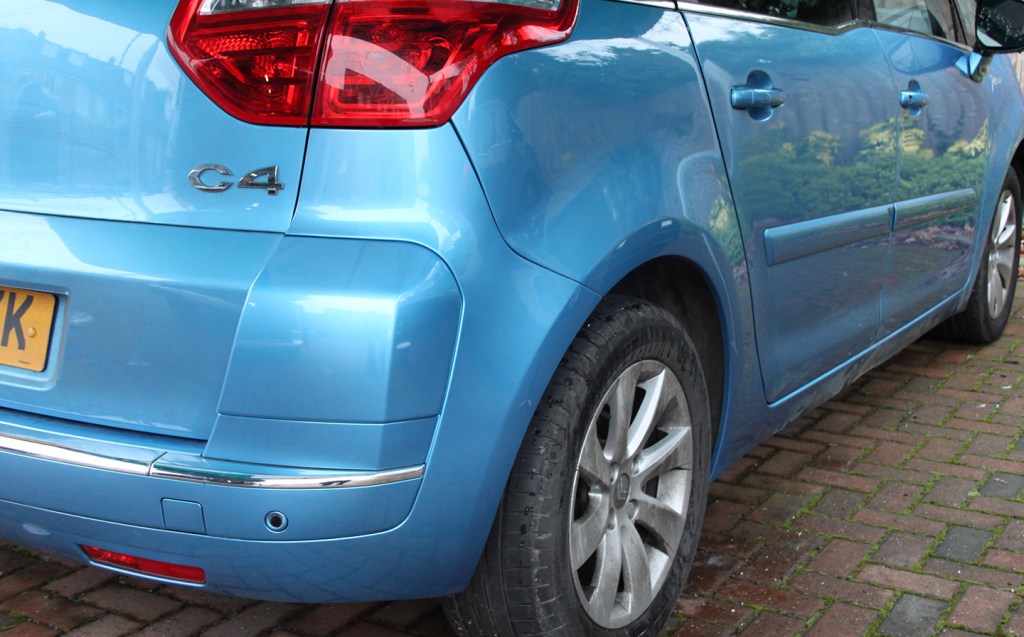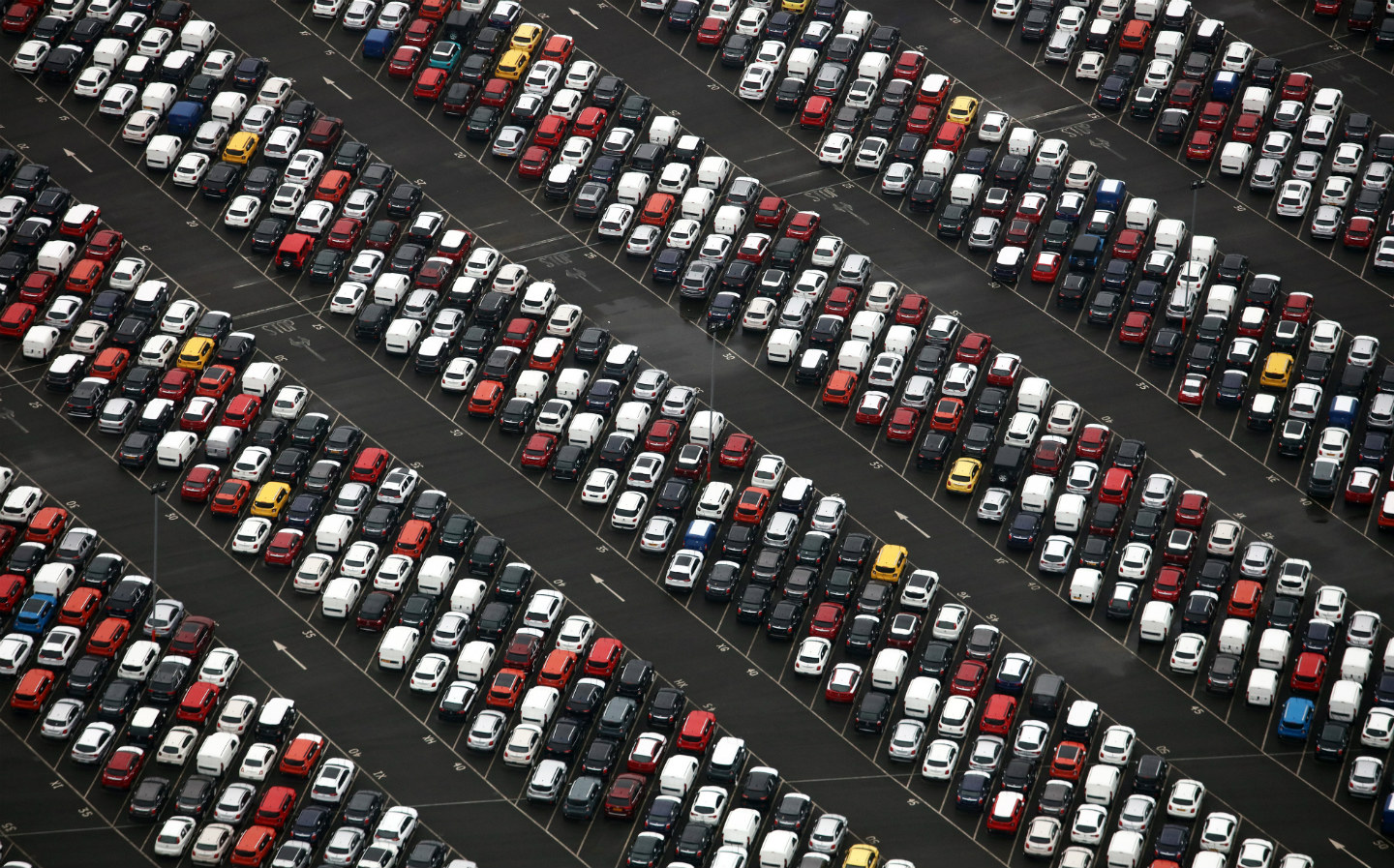What's the best thing to do at the end of a car PCP finance deal?
Renew, upgrade or walk away?
Some nine out of ten new cars bought in the UK are financed through Personal Contract Purchase (PCP) deals, and if you’re on such a finance deal then you may be wondering what is the best thing to do when it ends.
With used car prices currently sky high, that’s an especially pertinent question and could mean that one of the options available to you makes no sense at all (we’ll get to that). The right decision, though, will depend on individual circumstances and market economics, so our guide will help you make the right decision.
What is PCP car finance?
Picking up a new or used car on a Personal Contract Purchase finance deal eliminates the huge upfront cost of buying a new or nearly-new car, with payments usually spread out over 24, 36 or 48 months. That means that drivers can afford to run a newer or higher-spec model, or one from a premium brand that they might not be able to buy outright.
So far, so like Hire Purchase (HP), but where PCP differs is that monthly repayments are a lot lower because the payee isn’t aiming to buy the car outright over the term. At the end of the deal, there will be an optional final repayment (a lump sum), agreed with the dealer in advance, if you want to keep the car and own it fully.
That value depends on a number of things, but usually reflects the estimated value of the car at the end of the deal, which means the amount you’re paying each month is effectively the amount the car is expected to lose in value over time (known as “depreciation”).
But buying the car outright at the end of the deal isn’t the only option available. One of its key advantages of PCPs over HP is the flexibility that a PCP deal offers when the contract ends.
If you want, you can keep the car but rather than handing over thousands of pounds in one lump sum, you could agree a new finance deal with the dealer, to cover the remaining balance.
Alternatively, you could avoid the final repayment altogether by choosing a newer car from the same dealer, and start the process all over again. Or simply hand the keys over and walk away, with nothing to pay (assuming you haven’t breached the terms of the deal).
So, which option is best?
Should you buy your car at the end of the PCP?

Any PCP contract will include a Guaranteed Future Value (GFV) for the car. This is the optional final repayment, and if you want to keep the vehicle you’ll need to pay it.
If the balloon payment is too much of a financial stretch, it can be refinanced via either the dealer or through a bank loan. It’s worth considering the latter option, as the interest rate may be much more preferable than the one offered by the dealer — don’t simply accept their new repayment terms.
But why would you buy your old car when you could hand it back and upgrade to a newer model, on a new deal?
Look carefully at two figures: that GFV, which was agreed in advance, and the actual value of the car after the two, three or four years of the deal. If the actual value is higher than the GFV, you’re effectively handing money to the dealer by giving the car back.
Here’s an example from an actual PCP deal (one of the Driving.co.uk staff’s, in fact:
- Cash price: £11,450
- Duration of term: 48 months
- Totally amount to repay: £13,917.94 (8.9% APR)
- Repayments: 47 x £175.14
- Optional Final Payment: £4,186.36
This deal was agreed back in September 2018, and so comes to an end in September 2022. We checked the value of the vehicle on car buying websites including Cazoo, Motorway and We Buy Any Car in March 2022, and the quotes ranged from £6,450 to £7,972, assuming the car is in “like new” condition (fully functioning; only minor scratches to paintwork; light marks on up to one alloy, etc.). That means that in September, the car might be worth well over £3,000 more than the dealer expected it to in 2018.
That’s an incredible difference, due to inflated used car prices because of a lack of supply of new cars after Covid-19 factory closures and other supply chain issues for car makers. It’s even more surprising to us given that is has a Euro 5 diesel engine, proving that demand for used diesels is still strong.
Even if the initial quotes are over-the-top, to lure us in, we can reasonably expect a difference of more than £2,000.
Handing the car back to the dealer and walking away under these circumstances would be nuts. It makes far more financial sense to buy the car from the dealer, then sell it privately or to a car buying service such as the ones listed above.
Before you do that, though, check to see what the dealer thinks the current value of the car is — if they agree it’s worth a significant chunk more than the GFV, it may be easier to use that difference as a deposit towards a newer model on their forecourt. If they believe it’s worth much less than you do, hand them the cash and take your chances selling it elsewhere.
Should you part-exchange for a newer car?
If you’ve kept the car in good condition, once you’ve reached the end of your contract, you can trade the car in for a newer model.
As explained above, if the car is worth more than the optional final payment (or GFV), the difference in value can be put towards the deposit on a newer car, thus starting the whole PCP process again.
If the car is worth less than the remaining finance, however, you shouldn’t have to pay the difference — that’s what the “optional” in “optional final payment” means — but you’ll have nothing to go towards a deposit on a newer vehicle.

Be careful taking out PCP right now, as the currently-inflated used car prices means higher monthly costs and could mean the optional final repayment is quite high — when values return to a more “normal” level, as new cars begin flowing into the market again, the value of your car may drop quite quickly, meaning in four years’ time there’s increased risk that the GFV will be higher than its actual value.
When should you hand the car back and walk away?
Signing up to a new PCP deal basically means part-exchanging, and you will need to pay off the GFV before entering a new contract. The dealer shouldn’t carry over the lost value into the new repayments, but you would need to find a deposit for the new vehicle from elsewhere.
In these circumstances, you have nothing more to lose by walking away. Of course, this is the biggest downside is that you do so with nothing — no car and no capital to put towards a new vehicle.
And be aware that you may be asked to inform the dealer 10 days or more prior to the end of the agreement about your decision to return the car.
Whatever you do, be aware of the small print
In order to avoid charges when returning a car following the end of a PCP contract, the car must be in good condition with only fair wear and tear within the bounds of those set out by the British Vehicle Renting and Leasing Association.
Small chips, dents of up to 10mm and scratches of up to 25mm are generally acceptable, though the definition of fair wear and tear will also vary depending on the length of the plan — a car on an 18-month short contract will be expected to be in much better condition than one on a four-year plan.

Tyres must be above the minimum legal tread depth (1.6mm), alloy wheels mustn’t be heavily chipped or scored and the windscreen mustn’t be chipped or cracked either. The interior must be odourless and free from staining, tears or burns.
Importantly, drivers will be charged for excess mileage above that agreed at the outset. There’s a fee in pence for every mile above the contracted amount, because the mileage affects the GFV.
If, well before the end of your contract, it’s looking like you’ll exceed that agreed mileage, it’s worth contacting the contract provider as they may be able to build a higher mileage allowance into your monthly payments. Your payments may increase slightly, but it avoids a large one-off charge at the end of the contract.
Ensure, too, that items such as the car’s V5C logbook and any spare keys are all present as the contract provider will charge for anything missing.
Prior to the car’s final inspection, it’s worth giving the car a thorough examination yourself and, if there’s any damage, check with the provider how much the repair charges are likely to be — it may be more cost-effective to get any damage remedied independently before handing the car back.
One or two of the links in this article may take you to a website that will pay Driving.co.uk a small fee if you purchase their services. As with advertising, this helps sustain the website but doesn’t affect our editorial independence and wherever possible we will include a number of different options for our readers.
Related articles
- If you were interested in what happens at the end of a PCP deal, you may also like to read a guide to car leasing
- If you’re in the market for a new car, check out the UK’s best-selling cars of 2021
- And were you aware that the low supply of new cars, due to the semiconductor shortage, has been blamed for high demand and prices for used cars?
Latest articles
- Watch new Porsche 911 GT3 smash Nürburgring record for manual cars

- Skoda Elroq 2025 review: Czech carmaker can’t seem to miss with its electric family cars

- Five best electric cars to buy in 2025

- Should I buy a diesel car in 2025?

- F1 2025 calendar and race reports: The new Formula One season as it happens






